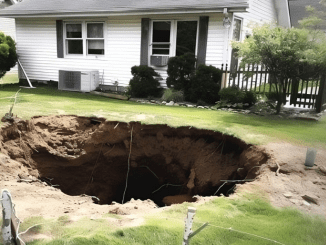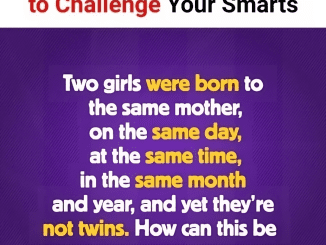In a scenario straight out of a dystopian thriller, the Lower Merion School District in Pennsylvania became embroiled in a scandal that shocked the nation back in 2010. Accused of spying on students through webcams installed on school-issued laptops, this incident, now infamously known as WebcamGate, raised serious concerns about privacy and ethics in educational institutions. Let’s delve into this troubling saga and its implications.
The Origins of WebcamGate
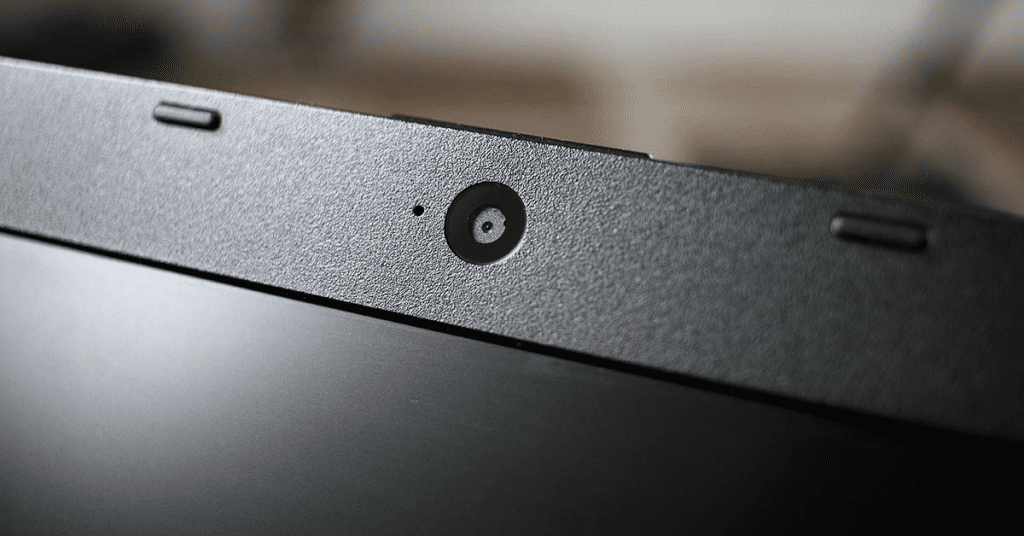
At the start of the 2009-2010 school year, the Lower Merion School District launched a program providing 2,300 students with free MacBooks. Intended for both home and school use, these laptops were part of an initiative funded by educational grants. However, unbeknownst to the students, these devices came with pre-installed tracking software called TheftTrack. While initially designed to locate lost or stolen laptops, the software had a far more invasive capability: it allowed school officials to remotely activate the laptops’ webcams, turning them into surveillance tools without the students’ knowledge.
The Discovery That Sparked Outrage
The covert monitoring came to light late in 2009 when Blake J. Robbins, a sophomore at Harriton High School, discovered that his laptop’s webcam had been secretly activated. Called into the vice principal’s office, Robbins faced accusations of illegal drug activity. The evidence? Covertly captured images from his school-issued laptop. Disturbed by this invasion of privacy, Robbins shared his experience with his parents, who promptly decided to take legal action.
Another Victim Comes Forward
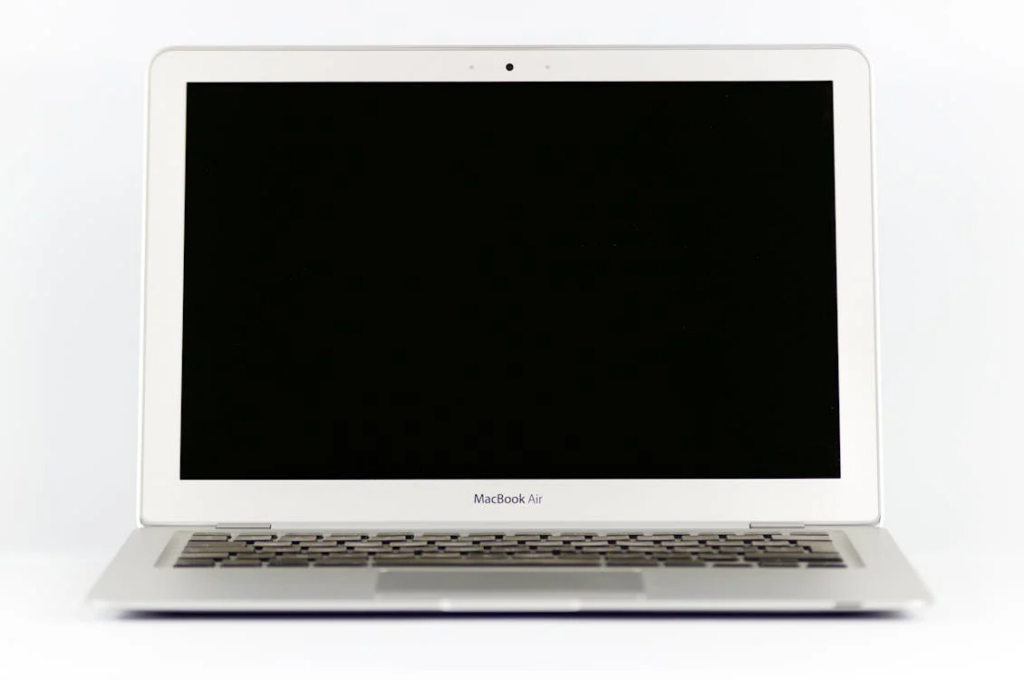
As the lawsuit gained traction, another student, Jalil Hasan, stepped forward with a similar complaint. Hasan revealed that his webcam had been monitored for two months without his knowledge. This additional testimony fueled the lawsuit against the Lower Merion School District, highlighting the widespread nature of the invasion.
The Lawsuit and Settlement
The case, known as Robbins v. Lower Merion School District, culminated in October 2010 with a settlement. The school district agreed to pay a total of $610,000 to settle claims from both Robbins and Hasan. Of that amount, $175,000 and $10,000 were placed in trusts for Robbins and Hasan, respectively, while the remainder covered legal fees.
School District Issues Statement
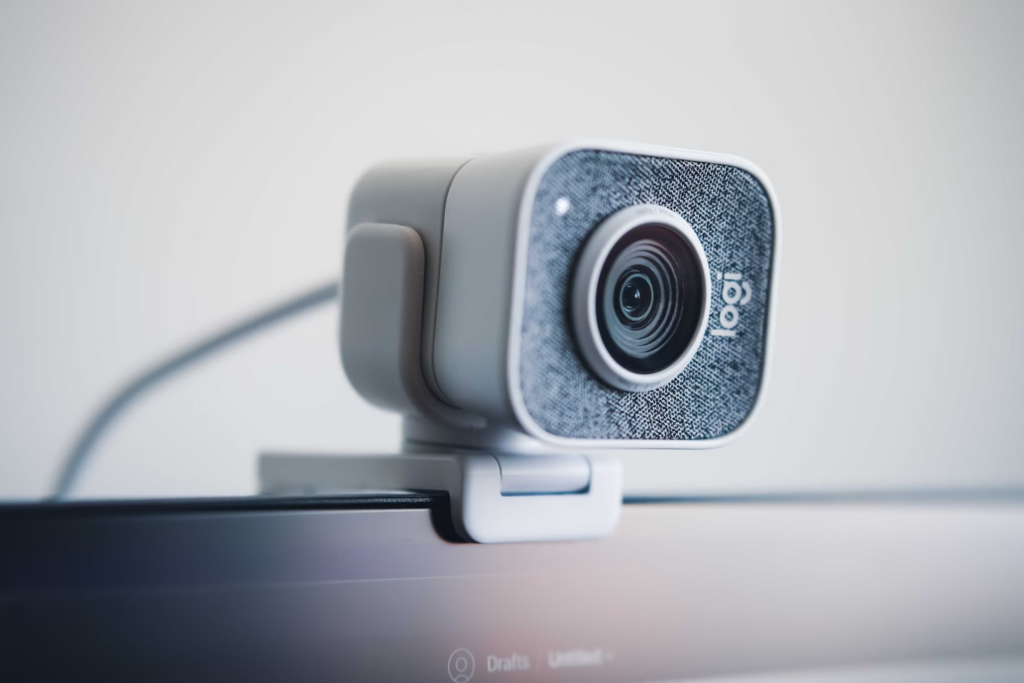
Following the lawsuit, the Lower Merion School District issued a lengthy statement acknowledging the settlement. They emphasized that this resolution would allow them to move forward in a manner sensitive to their students and the community. Importantly, the district noted that both the U.S. Attorney’s Office and the FBI had cleared them of any criminal wrongdoing, a point they highlighted as crucial for restoring public trust.
A Violation of Trust

The district’s actions represented a gross violation of trust. Many parents and students felt betrayed by the very institution that was supposed to ensure their safety and privacy. Robbins, now the face of the lawsuit, expressed his disbelief: “It’s shocking to think that the people responsible for our education were also invading our privacy in such a personal way.”
The Broader Implications of WebcamGate
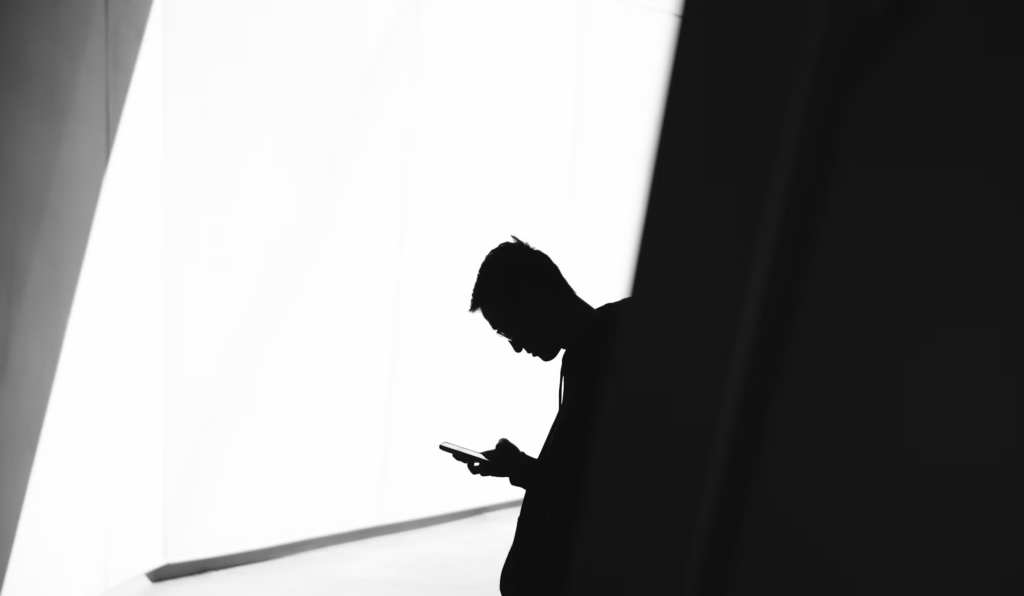
The WebcamGate scandal illuminated the darker side of technology in education. While tools like laptops can enhance learning, they come with significant risks if misused. The case served as a cautionary tale, prompting schools across the country to reevaluate their policies regarding digital monitoring and student privacy. “This case was a wake-up call for many institutions,” said privacy advocate Sarah Montgomery. “We need to be vigilant about the tools we put in the hands of students.”
Legal and Ethical Questions
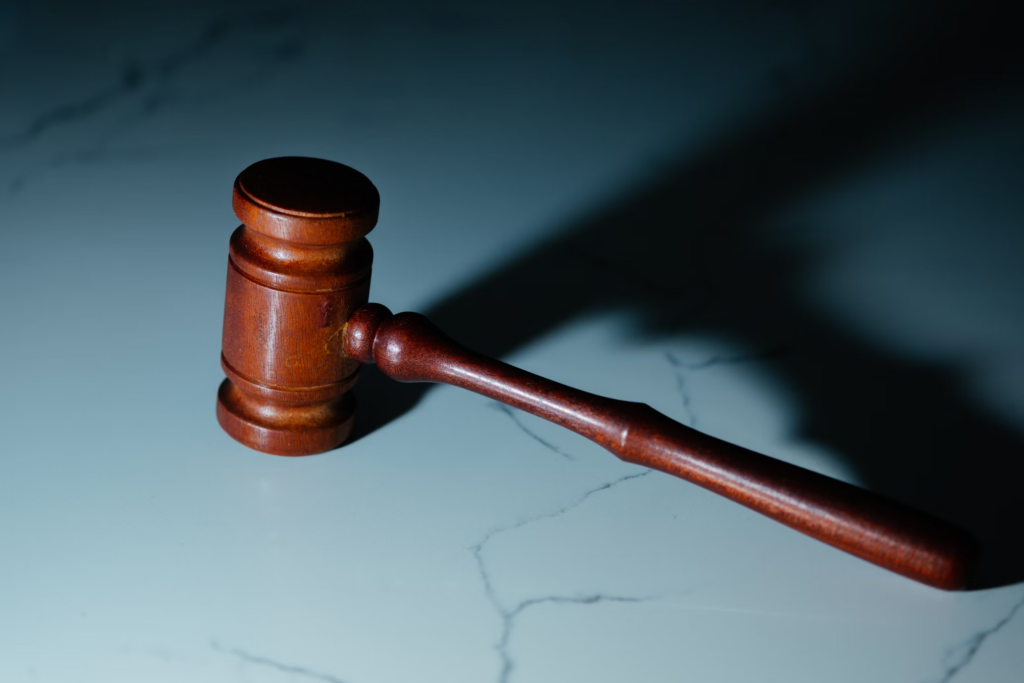
Even after the settlement, several legal and ethical questions lingered. Should schools have the authority to monitor students outside school hours? What safeguards should be in place to prevent such abuses? “It’s not just about the technology—it’s about the intent behind its use,” Montgomery emphasized, calling for laws that protect students’ privacy rights while allowing schools to ensure the safety of their equipment.
Moving Forward
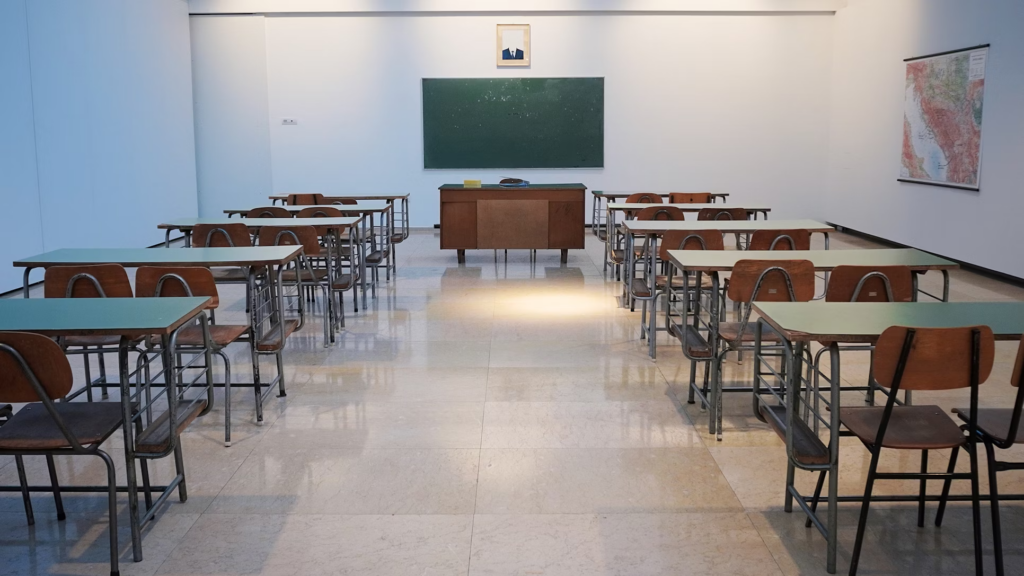
In response to the scandal, the Lower Merion School District revised its policies, pledging to prioritize student privacy. They emphasized the importance of moving forward and reaffirmed their commitment to responsible technology use. As technology continues to evolve, the lessons from WebcamGate will resonate for years to come. It serves as a chilling reminder of how easily privacy can be invaded and underscores the importance of safeguarding it.
The WebcamGate incident is a stark illustration of the potential dangers of technology in education. While laptops and other devices can enhance learning, institutions must use them responsibly, respecting students’ privacy and autonomy. As we navigate this digital age, it’s crucial to take these lessons to heart, ensuring that our schools remain safe havens for learning, free from unnecessary surveillance and intrusion.
